Twins Research Australia is a national twin research centre that maintains a registry of more than 35,000 twin pairs interested in participating in research and is involved in numerous research projects. Access to the resource is open to all researchers.
Explore available TRA data below.
For more information and to discuss your project requirements please contact Twins Research Australia’s research liaison and coordinator, Jessica Tyler, at info@twin.org.au.
Health and Lifestyle Questionnaire
The Health & Lifestyle Questionnaire (HLQ) was launched in 2014. Adult and Junior versions of the questionnaire are sent to all TRA members with an email address available. The questionnaire contains demographic questions and covers a broad range of health conditions and risk factors.
Twins Research Australia COVID-19 (TRACKERR) Study
In April 2020, TRA began the Twins Research Australia COVID-19 Knowledge, Experience, Reaction, and Resilience (TRACKERR) study. The TRACKERR study consists of a series of surveys aimed at investigating the short, medium and long-term impacts of the COVID-19 pandemic on Australian families. Different surveys are made available for TRA adult twins and parents of junior twins, rolled out in a series of “phases” over the course of the pandemic.
Twin geospatial information
In collaboration with Dr Callie Little at the University of New England, TRA has utilised twin postal address data to gather geospatial information on all TRA-registered twins who have completed the Health and Lifestyle Questionnaire (see above). This data is saved in an electronically secure de-identified format which can be made available to researchers for ethically approved projects.
The data
Each twin’s postal address as of 2018 was geocoded to gather x,y coordinates. From there we have identified Australian Statistical Geography Standard (ASGS) 2016 ABS structure indicators and ABS socioeconomic status indicators, including:
- Statistical Area Level 1 (SA1)
- Statistical Area Level 2 (SA2)
- Statistical Area Level 3 (SA3)
- Statistical Area Level 4 (SA4)
- Greater Capital City Statistical Areas (GCCSA)
- Socio-Economic Indexes for Areas (SEIFA)
- Index of Relative Socio-economic Disadvantage (IRSD)
- Index of Relative Socio-economic Advantage and Disadvantage (IRSAD)
- Index of Economic Resources (IER)
- Index of Education and Occupation (IEO)
This TRA resource can be used for determining area level socioeconomic status or calculating the distance to the closest public resource (eg hospital, park, lake), or other particular locations.
Registry data
At TRA registration we collect the following information.
Both twins:
- Full names
- Date of birth
- Gender
- Zygosity (if they are identifical or fraternal twins)
- Zygosity determination (see how to determine zygosity)
- Residential address
- Email (if 18+)
- Mobile (if 18+)
If the twins are under the age of 18 at time of registration we also ask for at least one parent’s:
- Full name
- Date of birth
- Gender
- Residential address
- Mobile
Overtime we update the registry with any DNA zygosity results, medical conditons reported by the twins, any changes in address, contact infomation, or identy eg name and gender changes.
We’ve also historically and in many of our TRA conducted studies collected place of birth.
Please note, registry data needs explicit permission from the participant to access as it for research pursposes. For more information and to discuss your project requirements please contact Twins Research Australia’s research liaison and coordinator, Jessica Tyler, at info@twin.org.au.
Data collected by TRA collaborations
TRA members have participated in many studies over the past 40 years of the registry. For more information explore our past studies page or contact Twins Research Australia’s research liaison and coordinator, Jessica Tyler, at info@twin.org.au.

